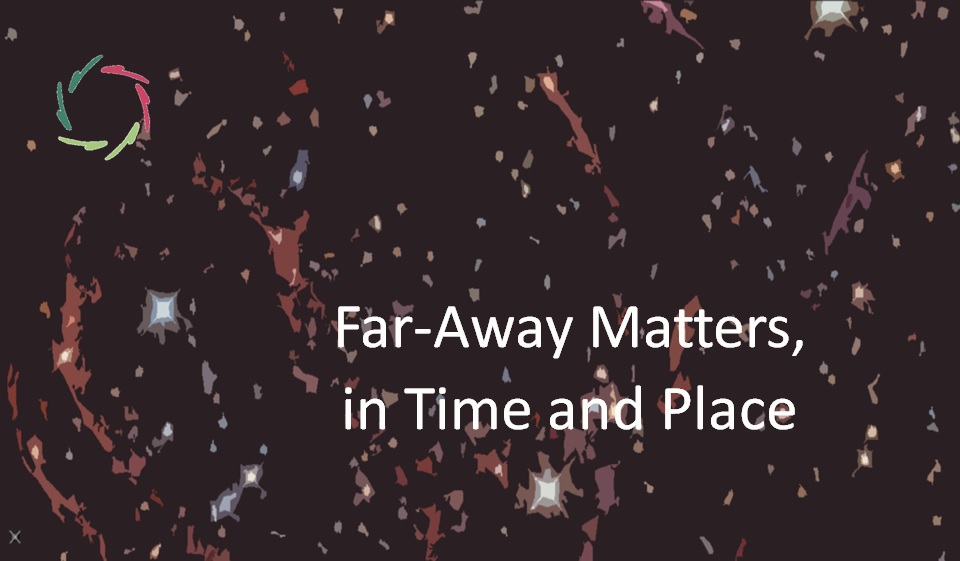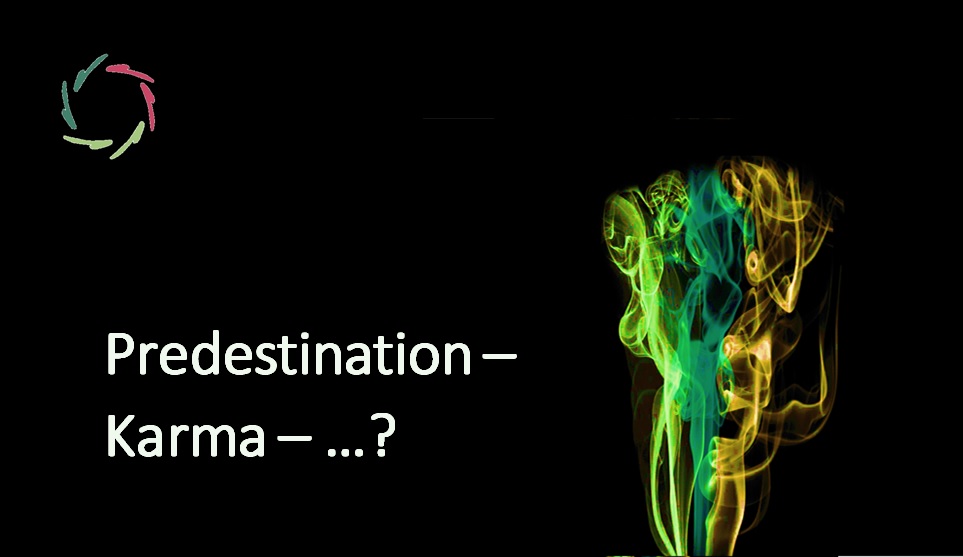Far-Away Matters, in Time and Place

Compassion is concerned with all sentient beings ― not only those of the immediate environment but also on the other side of the world, the universe, and the future: any sentience that can be causally influenced.
Effective altruism
This is a philosophy, a movement, and also a concrete organization.
To be optimally effective, altruism should transcend the directly empathic glow that makes one feel good by giving. This leads to a combination of rationality and warm empathy. You recognize Compassion, basically, but which is, in my view, quite qualitatively different from altruism.
Effective altruism (the movement) strives to not only donate, but also do so while looking for efficient ways to make the dollars match the best outcome. Much do-gooding comes to little good for many reasons, from good-but-naive intentions to downward corruption. In some cases, this may do more wrong than good.
This coincides with the main reason why the AURELIS USP is a combination of rationality and depth. Both are indispensable for a better world, now and in the future.
In time and place, empathically challenging, logically straightforward
The other side of the world seems far away. However, if you want to save an unknown child in your country or at the other side of the world, what is the logical difference?
The same in time. If you want to save a person next week or next millennium, what is the logical difference?
Purely logically, in both cases, there is none.
AURELIS is bound to be extremely worth each dollar
Of course, this still doesn’t guarantee it will be realized. I do hope that one way or the other, the underlying intention will be realized soon. Many people depend on this ― unknowingly, mainly.
Compassion, more than close-circle empathy
This is, immediately, a crucial distinction. Close-circle empathy is what people feel most directly. Anything that acts against it may be felt as controversial to the own striving ― therefore, morally wrong.
Before you know it, Compassion is the demon to be discarded. Of course, this situation should be avoided.
Close-circle empathy is also essential.
We are humans, after all, with natural tendencies. These cannot be tossed away just like that. Our motivation to do anything depends on our natural inclinations, which are not necessarily rational. For instance, we are inclined to eat much food if food is available. That’s OK in most natural circumstances, but with too much easy food around, we are naturally tempted to overeat.
The same with close-circle empathy. It is natural and good, but should not detract from rationality ― nor vice versa.
Instead of fighting nature (with a diet, in the case of food), one can better integrate the rational with the natural. There is much relevant support in AURELIS regarding (over)eating, for instance.
So, a good way to attain effective altruism is to integrate close-circle empathy with Compassion.
This may be less evident than one might think, at least to some people. It’s not enough – not even necessarily OK – to bring some empathy-provoking pictures to a rational message. Since this trick has been used many times, it may increasingly have the opposite effect.
Also, just calling for a ‘moral change’ – for instance, for more altruism – isn’t enough to bring that change. This calling can be as coercive – and unsustainable – as a diet.
It is better to be Open and work from there. Making people aware, within themselves, of the distinction between close-circle empathy and Compassion is a good start. It will not be enough for everybody, but that’s OK. There is a ladder to climb.
And here is Open Leadership to bring this to many. Moreover, this is one of the ways change can be brought for the better, from the inside out for the very far future.
Something to strive for.


